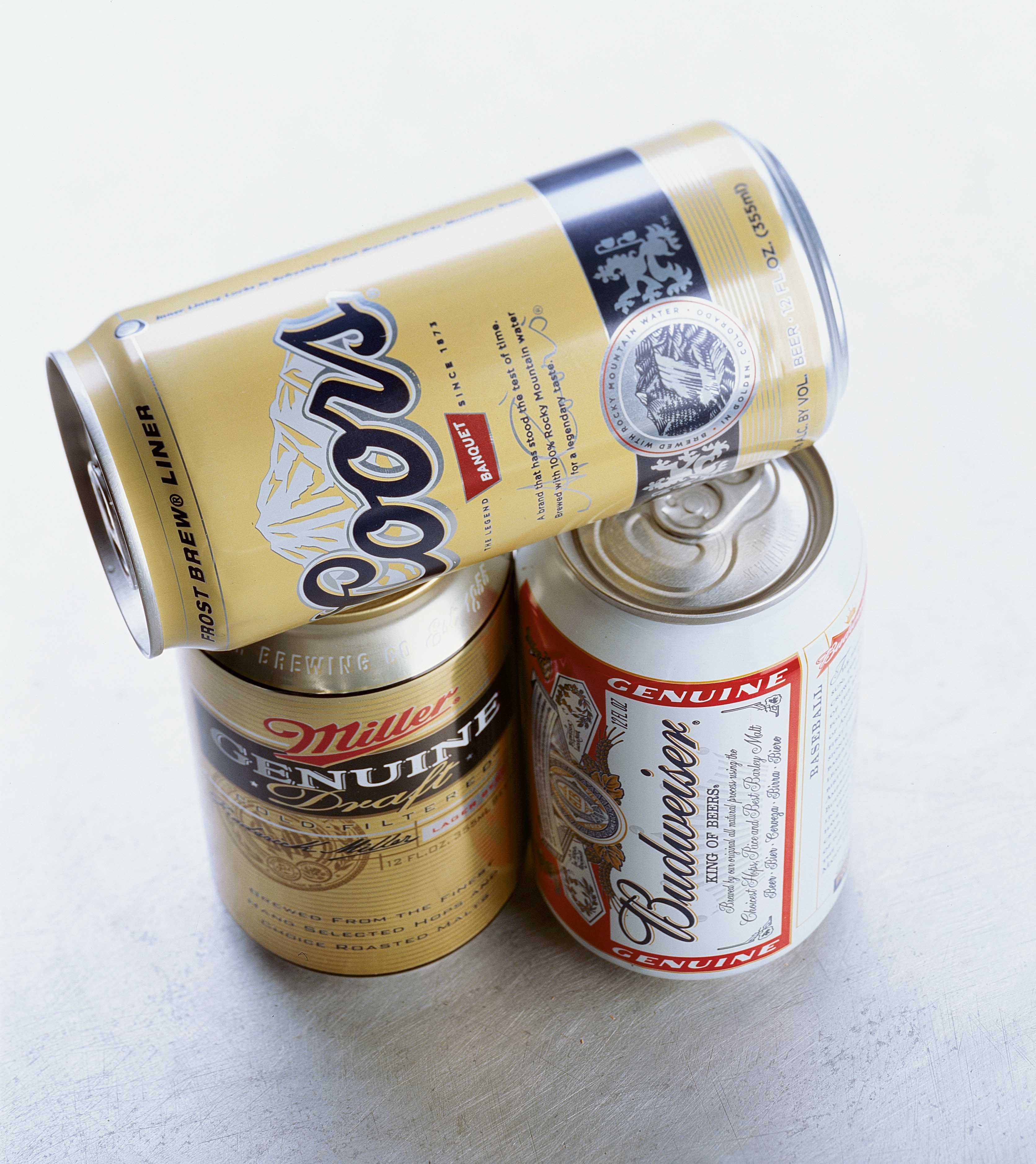There was so much to discuss after this past weekend’s San Diego Beer Forum that we had to split our blog post into two parts. Part one touched on issues like, what does it mean to be “craft?” and transparency in labels/ownership of breweries. This brings us to the question, why is transparency important? Does it really matter who owns your favorite brewery?
It matters because even in the world of Big Beer, owners, partners and parent companies can be a confusing labyrinth of who owns who. The big three beer companies are AB InBev (Budweiser), SABMiller and Molson Coors. Additionally, Molson Coors and SABMiller have a joint venture called MillerCoors which they created in 2007 to sell all of their American beer brands together to try and compete with AB InBev in the U.S. beer market.
Right now, AB InBev is the bad-boy of big beer. One reason is because it’s being investigated by the DOJ for pressuring its distributors to sever ties with small beer companies and only distribute their brands of craft brews. Although this investigation focuses on illegal, anti-competition practices, that’s nothing compared to the legal incentive programs that AB InBev puts out to its distributors, encouraging exclusivity. According to the Wall Street Journal,
“Distributors whose sales volumes are 95% made up of AB InBev brands would be eligible to have the brewer cover as much as half of their contractual marketing support for those brands, which includes retail promotion and display costs.”
Furthermore, if their sales volume is 98% AB InBev brands, they are eligible for up to $1.5 million and the company estimates that most distributors who participate in the program will receive annual benefits of approximately $200,000. When AB InBev owns 17 American distributors, works with more than 500 U.S. distributors, and uses incentive programs to encourage these distributors to exclusively carry their brands, it’s a pretty grim outlook for small breweries trying to get their beer distributed on a larger level.
This isn’t the only Department of Justice investigation into AB InBev, however. There is another DOJ investigation happening that is looking into the looming takeover of SABMiller by AB InBev. This investigation centers around anti-trust laws surrounding this merger between the two beer behemoths and is trying to distinguish what it means for the beer industry when this new super-company would account for 1/2 of all worldwide beer profits as well as control 1/3 of all beer sold, worldwide. In order for the merger to go through, SABMiller has to unload MillerCoors to Molson Coors, or else the deal would never get approved being that AB-InBev and MillerCoors are already the two biggest distributors in the U.S.
In fact, MillerCoors controls 26% of all beer U.S. beer sales. Alongside AB InBev’s 44% control, that’s 70% of the U.S. market, already controlled by two companies.
Referring back to one of the topics that was brought up a few times at the SD Beer Forum, in the end, it’s not about whether Saint Archer or Ballast Point should be able to call their beer “craft” or not. It’s about the fact that big beer companies are consolidating and trying to gain market share. When small breweries sell to these giant companies who are in control of such a huge part of the market, sure their brands will be distributed on a much larger level, but at what cost to the community as a whole?
The real issue isn’t that big beer is buying up craft breweries, as irksome as that is being that Budweiser takes every opportunity to mock craft beer in their marketing efforts. It’s that big beer is engaging in anti-competitive practices (i.e. distribution incentive programs), buying up craft beer breweries AND buying up distributors like crazy. When AB InBev and Molson Coors control almost all of the distributors across the country, AND have a full portfolio of craft beers to fill taps, it’s going to make it even harder for the smaller craft breweries to get their beer out there in bars and stores.
This is why transparency matters. Because although 10 Barrel Brewing, Saint Archer, Lagunitas, and the multitude of other craft breweries that were bought out by big beer companies, aren’t trying to kill independent craft beer themselves, their parent companies are. These breweries may still hand mash and put their blood, sweat and tears into their beer, but that stuff doesn’t matter. Once they sell out, it’s not about their beer anymore. It becomes about and what sort of business practices their parent companies engage in that hurt the craft beer industry as a whole and if that’s where we want our dollars to go when we drink a craft beer at the local watering hole.
Here’s the What’s on Draft? video of the recent #SDBeerForum is you missed. It’s definitely worth the watch. We can’t wait for the next one!
San Diego Beer Forum – Episode 1 from WhatsOnDraft on Vimeo.
By Anna Brigham
3/11/16



